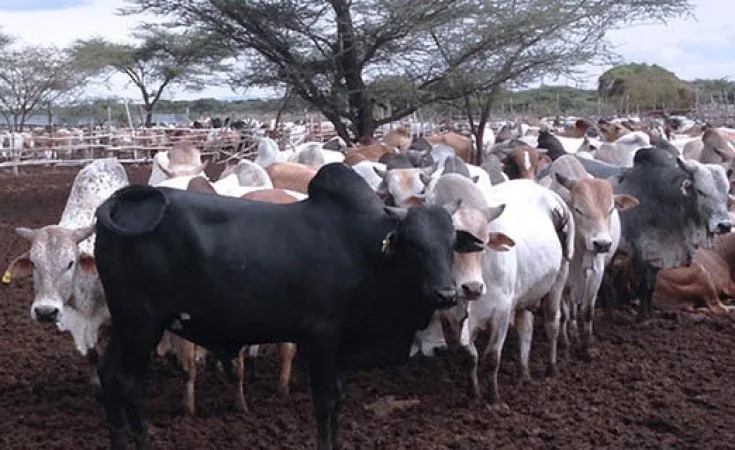According to a research, Ethiopia is facing significant economic losses due to illegal livestock export.
Ethiopia is grappling with substantial economic losses, exceeding $630 thousand per day, attributable to the illicit exportation of over 1,200 domestic animals daily.
This alarming issue was the focal point of a national conference on preventing illegal trade, convened in Addis Ababa and organized by the Ethiopian Chamber of Commerce and Industry.
The conference disseminated research findings highlighting the pervasive nature of illegal trade in Ethiopia, with investigations delving into the legal frameworks governing activities related to livestock, medicine, textiles, and the logistics system.
The studies underscored the severity of illegal trade in livestock and drugs, showcasing its profound impact on the nation’s economy.
Alebachew Neguse, PhD, the Director General of Enterprise Development at the Ministry of Industry, presented a comprehensive study addressing the challenges and potential solutions in livestock export marketing.
He revealed a concerning trend where foreign currency earnings from the livestock trade have experienced an alarming decline over the past eight years.
While the animal export sector previously generated up to $150 million, this figure plummeted to a mere $17 million in 2021/22.
Neguse attributed this decline to a shifting landscape of illegal trade practices, inadequate monitoring and control, and deficiencies in implementing a technology-supported legal trading system.
Notably, he emphasized the existence of gaps in legal agreements with recipient countries concerning livestock exports.
A recent survey conducted at three exit gates confirmed that more than 1,200 domestic animals illegally leave the country each day, resulting in a daily loss of over $630 thousand and a monthly loss of $19 million.
Dr. Warku Bedada, Deputy Chairman of the General Assembly of the Ethiopian Pharmacy Association, presented findings on the illegal drug and medical device trade.
He highlighted the proliferation of drugs in Ethiopia that lack legal registration, are of inferior quality, and include expired medications.
This alarming trend poses serious risks to public health, with concerns raised about the efficacy and healing potential of essential drugs for conditions such as malaria and cancer.
Segni Sefa, Director of Intelligence at the Customs Commission, discussed security challenges in certain parts of the country that have compromised control measures at exit gates.
He acknowledged that these security lapses have created fertile ground for illegal trade to thrive, weakening the overall legal trade system.
Despite these challenges, Sefa assured that efforts are underway to bolster control systems in vulnerable areas and conditions.
Melaku Ezezew, President of the Ethiopian Chamber of Commerce and Industry Unions, underscored the gravity of the situation, noting that illegal business activities have permeated almost all sectors in Ethiopia.
While the government is implementing various reforms to strengthen private sector participation, gaps persist in holding individuals engaged in illegal trade accountable.
This comprehensive overview highlights the multifaceted challenges Ethiopia faces in combatting illegal trade and underscores the urgent need for robust interventions to safeguard the nation’s economic interests.
